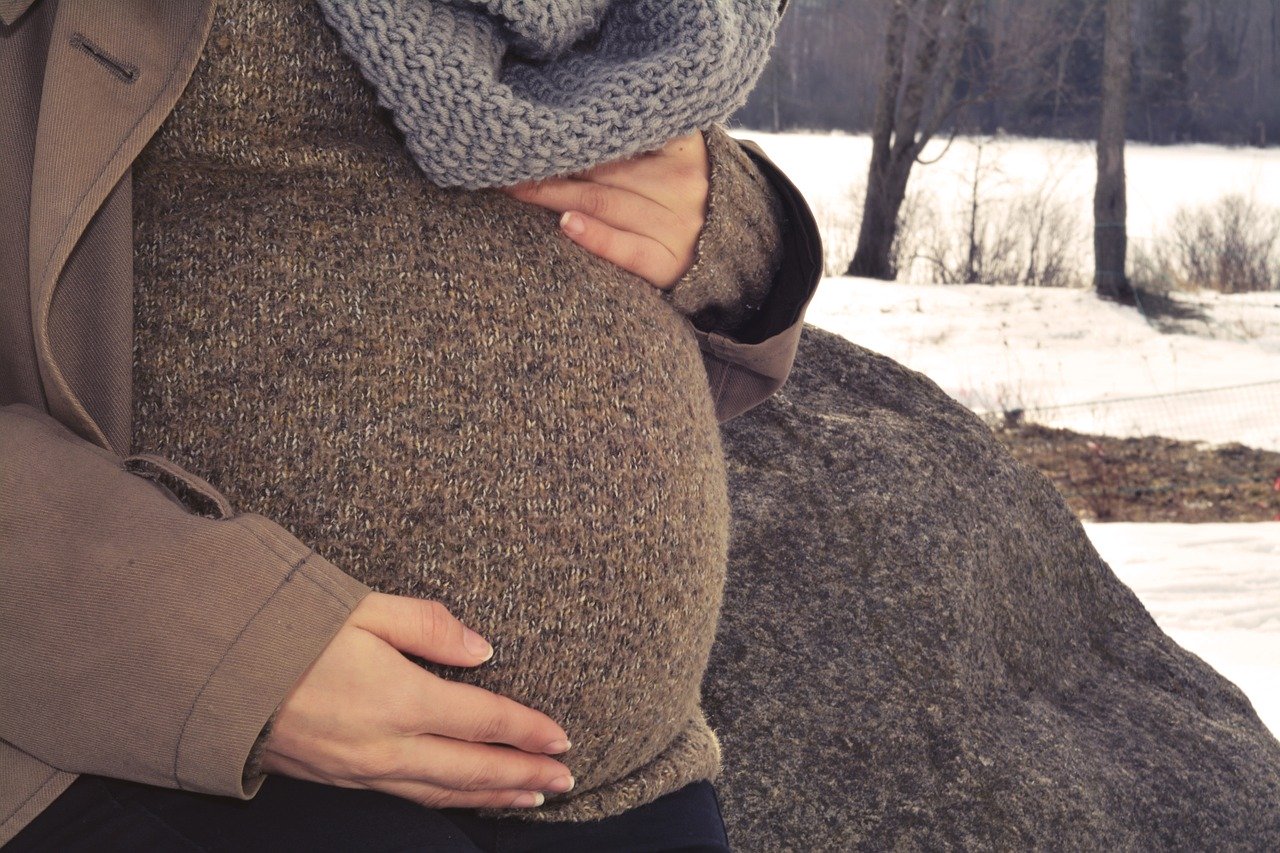In September 2019 researchers from Spain published the results of their study to assess the association between weight, birth attributes, exercise and sleep habits, dietary intake and impulsive behaviour in … Read more
An exercise programme during pregnancy appears to produce a lower pro-inflammatory profile in breast milk, especially in the colostrum, and in addition may confer greater neurodevelopment and neuroprotection in the newborn
In November 2018 researchers from Spain published the results of their study to assess the effect of an exercise programme during pregnancy on colostrum and inflammatory markers in mature breast … Read more
Mixed herbal supplementation containing fenugreek, ginger and turmeric appears to increase human milk volume thereby enabling exclusive breastfeeding
In November 2018 researchers from Thailand published the results of their study to assess the effects of mixed herbal supplementation, including fenugreek, ginger, and turmeric on human milk volume and … Read more
Although pollutants the mother has been exposed to can pass into the breast milk, environmental studies have confirmed that the protective effects of breastfeeding still outweigh its potential health risk to the infant
On October 2019 researchers from Poland published their review of the medical scientific literature to assess the potential effects of air pollution on breast milk and whether breastfeeding can overcome … Read more
Simple relaxation techniques can reduce stress experienced by first time breastfeeding mothers, with a relaxation meditation tape being the most effective
In January 2019 researchers from the UK and China published the results of their study to compare the effects of different relaxation techniques on first time Chinese mothers who were … Read more
Fenugreek
Fenugreek (Trigonella foenum-graecum) seeds contain mucilage, trigonelline, 4-hydroxyisoleucine, sotolon, diosgenin, luteolin, phenolic acids, and protodioscin and is “generally recognized as safe” when used as a flavouring by the U.S. Food … Read more
Researchers recommend that pregnant women who are underweight, overweight or obese, have gestational diabetes mellitus or diabetes mellitus and those who choose vegan/vegetarian diets should be nutritionally supported to achieve a higher quality diet during pregnancy and/or breastfeeding
In November 2019 researchers from Greece published their review on the role of fatty acids and carnitine during pregnancy and breastfeeding. The researchers stated that carnitine had a part to … Read more
Breastfeeding mothers need access to relevant and reliable information about e-cigarettes
In August 2019 researchers from the UK published their study to assess the current attitudes, motivations and barriers to post-partum e-cigarette usage, particularly in breastfeeding mothers. Many women return to … Read more
Oxybenzone
Oxybenzone is known by many names including (2-Hydroxy-4-methoxyphenyl)-phenylmethanone, benzophenone-3, and 2-Hydroxy-4-methoxybenzophenone. It may be found in sunscreens, facial moisturizers, lip balm, lipstick, anti-aging creams, hair conditioners, hair spray, nail polish … Read more
The Early Nutrition Project have published updated recommendations for optimized nutrition before and during pregnancy, during breastfeeding, infancy and toddlerhood which should contribute to the prevention of obesity and associated non-communicable diseases
In February 2019 researchers from Germany, UK, Poland, The Netherlands and Australia who were part of the The Early Nutrition Project published their review of the medical scientific literature and … Read more
Placentophagy does not appear to improve mood, energy, milk production or vitamin B12 levels in women with a history of mood disorders
In April 2019 researchers from Canada published the results of their study to assess whether women with mood disorders practising placentophagy, ie consumption of the placenta, would have fewer depressive … Read more
Placentophagy may result in problems involving the infant’s endocrine function
In February 2019 researchers from the USA published a report of vaginal bleeding and breast budding in a 3-month-old infant who was exclusively breastfed. It was noted that the mother … Read more
Perchlorate
Perchorlate, in large amounts, has the ability to interfere with thyroid function as it interferes with iodine uptake, and individuals exposed to excessive amounts of perchlorate for a long time … Read more
Iodine
The human body needs iodine to make the thyroid hormone. This hormone is critically important during foetal development, infancy, and childhood, for the brain and nervous system to develop normally. … Read more
Vegetarian and vegan diets increase the risk of nutritional deficiencies such as proteins, iron, vitamin D, calcium, iodine, omega-3 and vitamin B12 but can be considered safe during pregnancy and breastfeeding as long as all nutritional requirements are met
In March 2019 researchers from Spain published their review on the consumption of vegetarian and vegan diets during pregnancy and breastfeeding. The researchers stated that balanced plant-based diets rich in … Read more
Frequent usage of face lotion during pregnancy and breastfeeding may be associated with an increased risk of testicular germ cell tumours in their sons
In July 2018 researchers from the USA published the results of their study to assess the association between personal care product usage during pregnancy and breastfeeding with the risk of … Read more
Exclusively breastfed infants should receive vitamin D supplementation as breast milk provides newborns with only about 20% of what is recommended by the Institute of Medicine for infants during the first year of life
In January 2016 researchers from Denmark published the results of their study to assess vitamin D levels in breast milk during the first 9 months of breast-feeding. Blood and breast … Read more

















